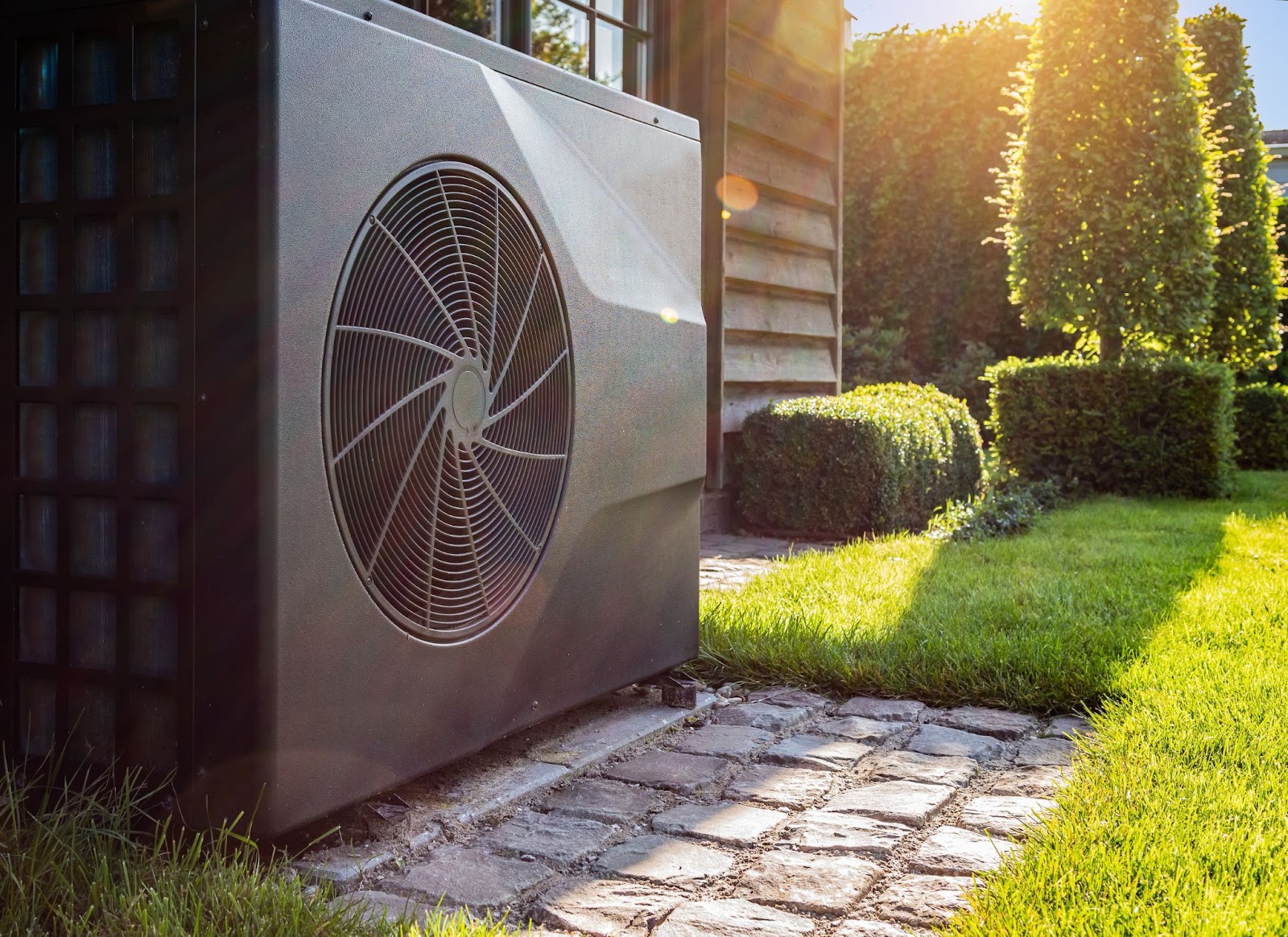Have you ever noticed how the water pressure in your shower decreases over time? That’s not normal and might be a sign of a problem in your plumbing called “corrosion”. Here are some details about corrosion, why it happens, and how you can fix it.
What is corrosion?
Corrosion is when your pipes weaken due to their environment. Certain chemical reactions that take place between the material of your pipes and the water affect the integrity of your pipes and, consequently, your water system. If left unfixed, this can lead to bigger problems in your plumbing in the future.
How do you know if your pipes are corroded?
It’s worth checking your pipes to see if they’re corroded. Fortunately, there are a few signs you can look out for to determine if you have corroded pipes. You can examine the water for any discolourations or strange smells and tastes. Low water pressure due to debris buildup from corrosion is another indicator. Also, look out for leaks and noisy plumbing.
What causes corrosion in plumbing?
Several factors can cause corrosion in your pipes. One of these is low pH. If your water has a pH level of less than 7, this means that the water is acidic. Acidic water levels cause corrosion and leaks in your pipes. Other factors that result in corroded pipes include high oxygen levels in the water, high water temperatures, and high water velocity.
Effects of pipe corrosion
Once you’ve determined that you have corroded pipes, you must get help from the professionals, so they can perform home repairs or replacements. Otherwise, it can inflict significant damage to your home and even pose health risks.
Corrosion can cause cracks and leaks in your pipes, making them more likely to burst. Corroded pipes can slow down your water heater’s efficiency as well. You may also find stained fixtures, diminishing the aesthetics of your home.
Additionally, corroded pipes can cause metals to get into your drinking water. When exposed to these metals, you could experience gastrointestinal distress, headaches, and other health risks.
How to prevent corrosion in water pipes
Some measures can help prevent corrosion in your plumbing. Galvanisation, for instance, equips your pipes with a protective coating that helps keep away rust. You should also watch for early warning signs of corrosion by regularly testing your water for acidity and keeping track of the water pressure.
How to fix corroded pipes
If you’ve observed that your home has corroded pipes or you suspect that there’s corrosion, it’s crucial to call the professionals. Plumbing experts can help you assess the extent of the problem and whether you need home repairs or replacement for your pipes.
At Centraheat, our qualified and dedicated team can help you solve your plumbing woes and emergencies. Contact us now by calling 01793 878 636 or emailing office@centraheat.kinsta.cloud.




